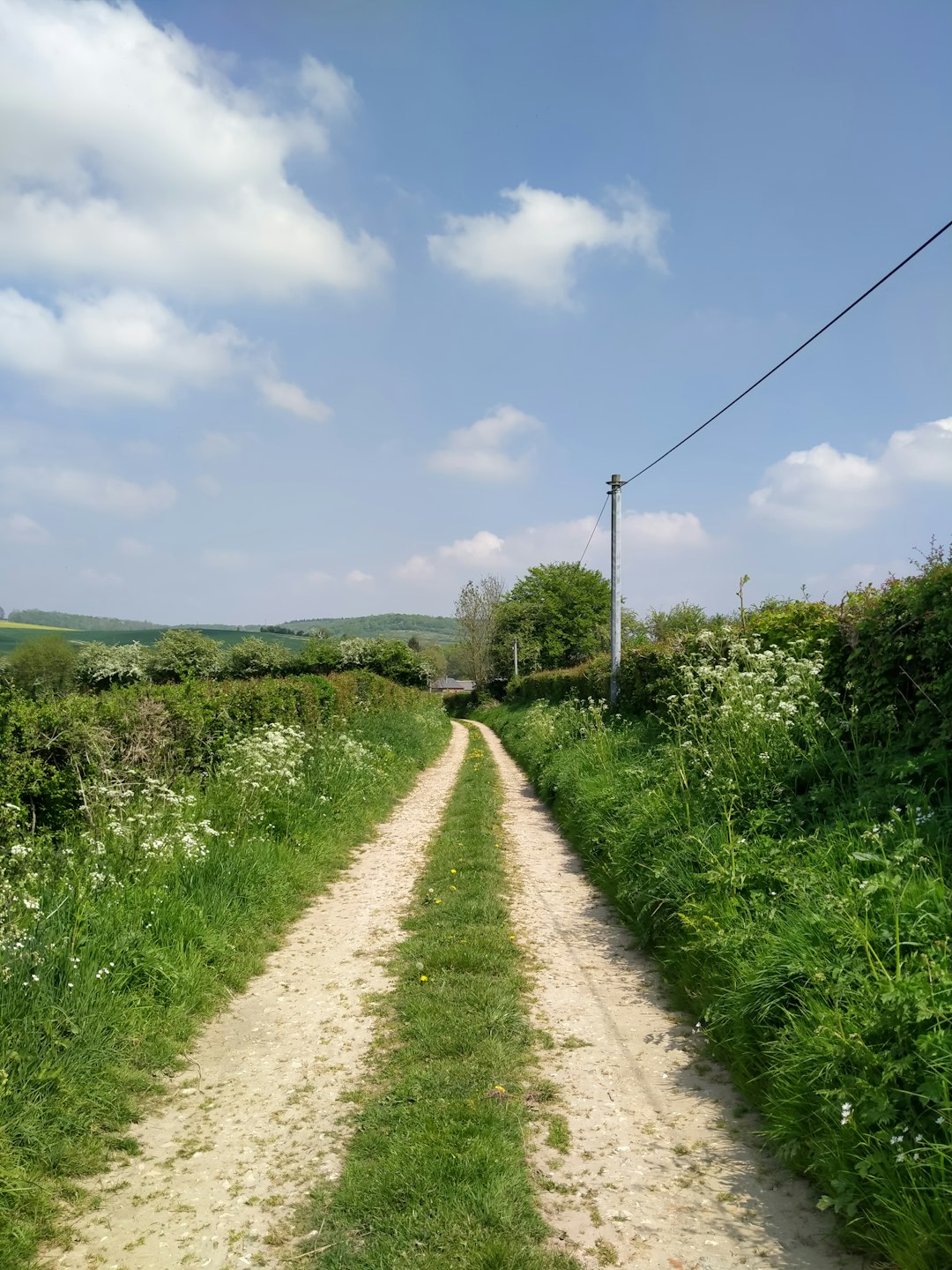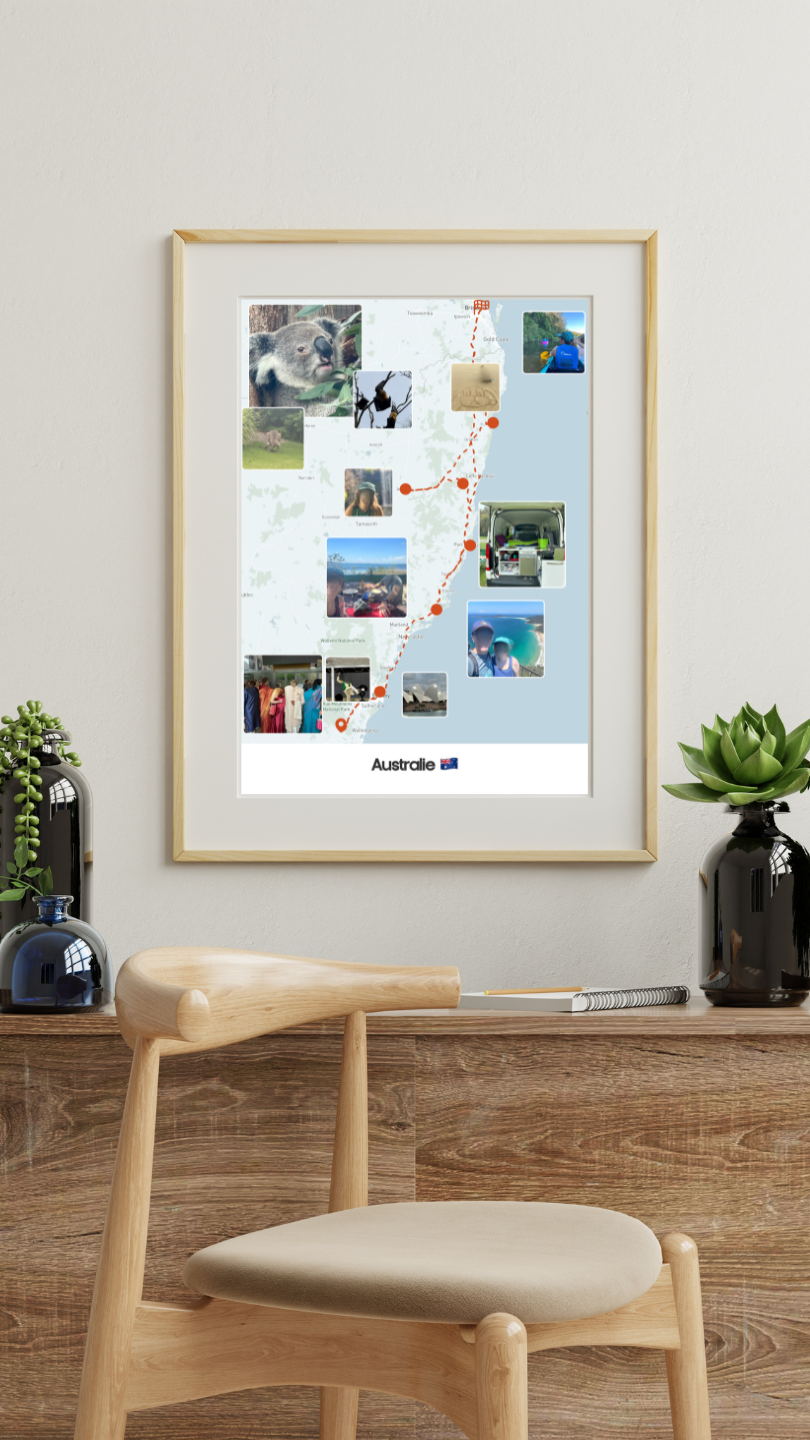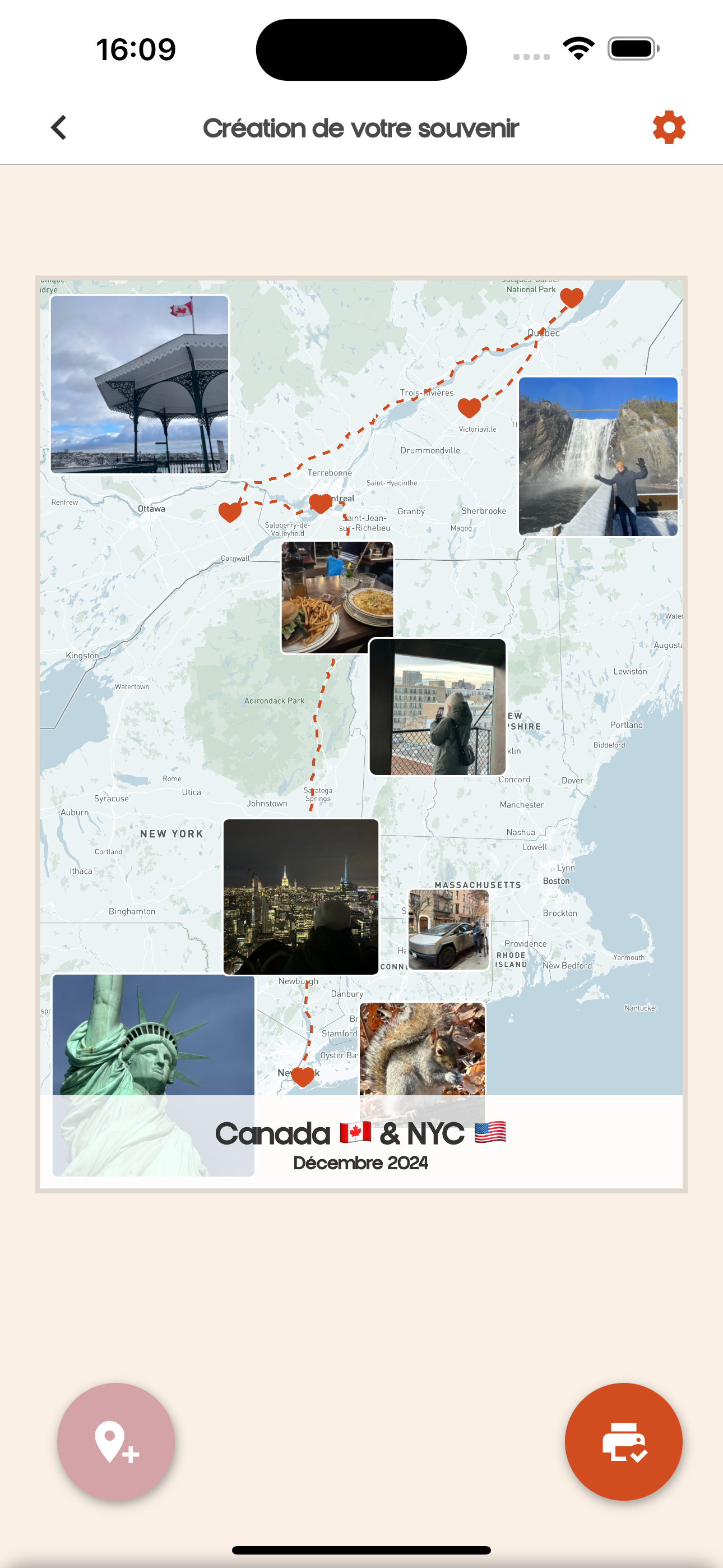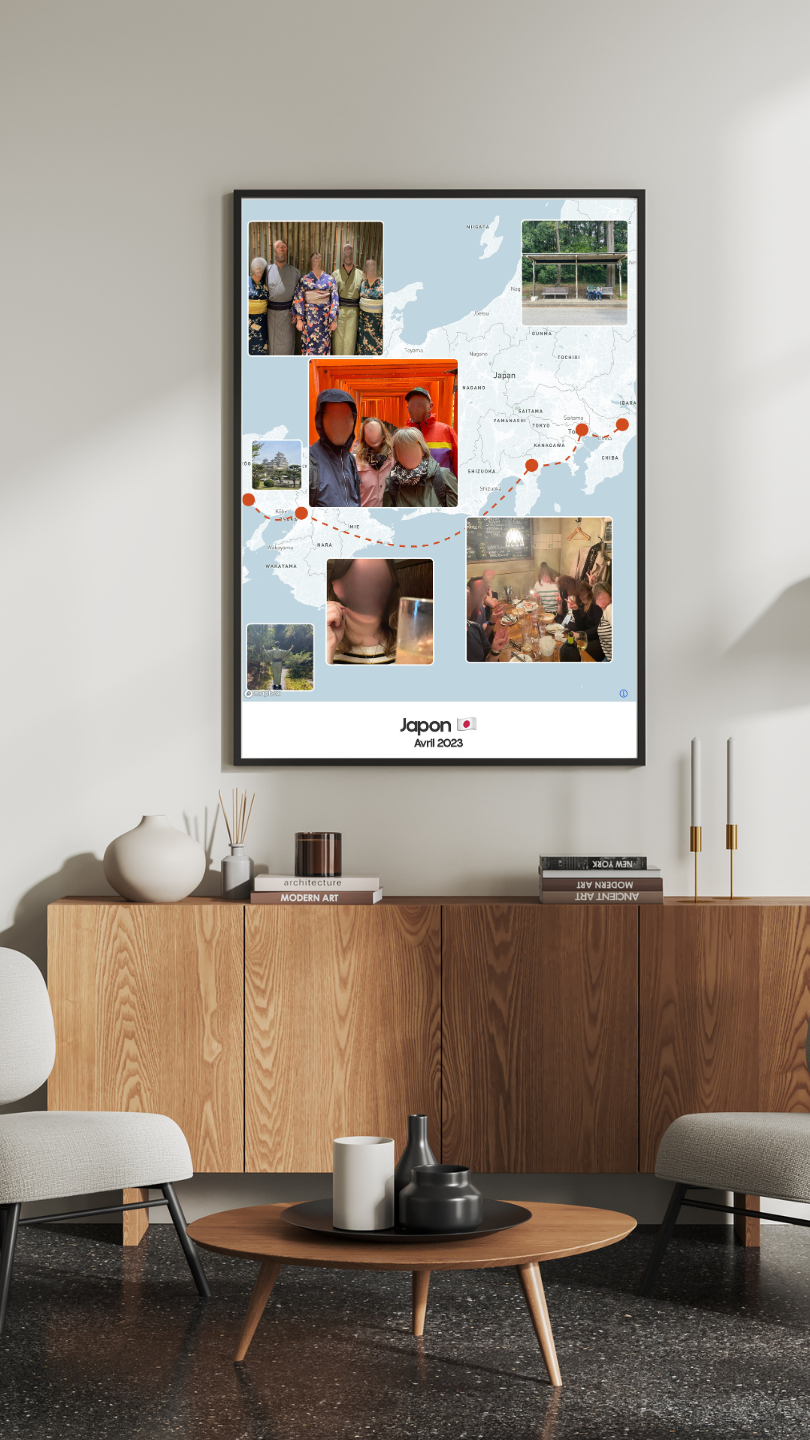Planning a vacation itinerary can be challenging, but with the right strategies, you can create an unforgettable trip. This article guides you through the essential steps for crafting the perfect itinerary, whether you're going for a weekend getaway or extended holidays. 🗺️✈️

Introduction - Preparing the Perfect Itinerary for Your Vacation
Step 1: Establish Your Desires - Determine Your Ideal Vacation Itinerary
Before you start planning your vacation, it’s crucial to know what you want to see and do. Do you want to relax on the beach, discover local culture, or experience adventures? List your interests to narrow down your destination choices.
Step 2: Choose the Destination - Selecting the Perfect Place for Your Itinerary
Once you know what you want, it’s time to choose your destination. Consider the climate, culture, and even your budget! Make sure to research to discover the best times to visit. 🌞
Step 3: Create a Budget - Financing Your Vacation Itinerary
Establish a realistic budget for your trip. Include transportation, accommodation, food, and activity costs. Also, consider having a margin for unexpected expenses. This will help you keep your spending in check during your vacation.
Step 4: Duration of Stay - Planning the Ideal Time for Each Stop in Your Itinerary
Think about how long you want to spend at each place. It’s important not to overload your schedule to fully enjoy each moment. A good balance between sightseeing and free time is essential.
Step 5: Breakdown of Itinerary - Organizing Your Vacation Days Effectively
Divide your days into activities. Plan visits, meals, and leisure time. Try to be flexible to seize unforeseen opportunities. Use online tools or travel apps to visualize your schedule.
Step 6: Book in Advance - Ensuring Availability for Your Accommodation and Transportation Choices
Once your itinerary is established, book your flights, hotels, and activities in advance. This not only guarantees potential savings but also ensures you will have a place to sleep and planned activities upon arrival. 📅
Step 7: Learn About Local Culture - Equipping Your Itinerary with Practical Tips
Before you go, inform yourself about the local culture. This includes customs, language, and even typical dishes to try. Having this information in mind will allow you to enjoy the experience better and avoid cultural faux pas.
Step 8: Prepare for the Unexpected - Anticipating the Ups and Downs of Your Vacation Itinerary
Plan for alternatives and free time in your itinerary to manage unexpected events. Delays, weather changes, or other surprises may occur, so a little flexibility will help you make the most of your trip.
Step 9: Keep Track of Your Reservations - Documenting the Details of Your Itinerary
Create a document or use an app to keep track of all your reservations and itineraries. This makes access to important information easier and helps you stay organized throughout your vacation.
Step 10: Have Fun and Stay Flexible! - Enjoying Your Vacation While Keeping an Open Mind
Finally, remember that the purpose of your vacation is to relax and have fun. Adopt a positive attitude and remain open to new experiences that come your way. The best memories are often unexpected! 🌍
Conclusion - The Perfect Itinerary for an Unforgettable Experience
Creating the perfect itinerary takes time and thought, but it can transform your travel experience. By planning ahead while maintaining a degree of flexibility, you can ensure that your vacation is a success. Happy travels! ✈️
FAQ - How to Plan the Perfect Itinerary for Your Vacation?
1. What is the best time to start preparing for my vacation?
Starting your vacation planning several months in advance is ideal for better itinerary organization and securing lower prices on flights and accommodations. Early preparation also allows you to conduct thorough research and organize your ideas. It's advisable to set a timeline of 3 to 6 months before departure for an overseas trip. This will give you ample time to reflect on your travel preferences, establish your budget, and potentially book your activities and visits as soon as they open. Certain destinations may also have peak periods that it’s best to avoid the crowds. So, don't wait to start planning!
2. What tools can I use to plan my itinerary?
Many online tools and apps can help you plan your itinerary. Platforms like Google Maps, TripIt, and Roadtrippers allow you to visualize your routes, book activities, and synchronize your agenda. These resources are helpful for organizing your bookings, providing an overview of your destinations, and even offering itinerary suggestions based on your preferences. By using these tools, you can always update your plan according to unforeseen changes or new discoveries. Additionally, remember to use travel forums or social media groups for tips and advice regarding your destination.
3. How can I balance my time between sightseeing and resting?
When planning your itinerary, it’s crucial to balance the time spent on sightseeing and that spent on resting. You might structure a basic rule, such as not planning more than two to three activities each day. Also, integrate moments of relaxation into your days, such as scheduling lunchtime or simply taking a break in a park or café. Being aware of your needs and allowing for margin reduces stress and enhances your experience. Taking into account the energy levels of your group is also essential, so that everyone enjoys themselves and contributes to the harmony of your stay.
4. What are the risks of an overly packed itinerary?
Having an overly packed itinerary can lead to excessive stress and an unpleasant travel experience. You may feel rushed all the time and miss the essence of your destination. Moreover, it can generate tension within your group, as each person has their preferences regarding travel pace. Therefore, it's crucial to maintain a balance in your planning. Good memories often stem from simple moments of downtime with great company. Take time to assess your priorities and know when to slow down to enjoy the simple pleasures your trip can offer.
5. How should I manage unforeseen events during my trip?
It's essential to be ready to handle unforeseen events during your vacation. Before your trip, create a list of alternative activities, as well as restaurants or places to explore in the area. If weather changes or other issues arise, having backup solutions readily available allows you to remain calm. Additionally, leave some hours free to feel less constrained by your schedule. Ultimately, rely on your adaptability and find joy in discovering new options, even if they're not on your original list!
6. What types of activities should be included in my itinerary?
Incorporating a variety of activities into your itinerary is key to ensuring a balanced and memorable trip. You should consider cultural visits (museums, exhibitions), leisure activities (hiking, swimming), and relaxation moments (cafés, strolls). Also, don't forget to include culinary experiences for added delight and interactions with local people for authentic immersion. Every destination has numerous options, so research recommendations and let your interests guide you. Ultimately, the goal is to embark on a journey that reflects you and stimulates you both intellectually and emotionally.
7. What budget should I plan for my vacation?
Establishing a budget for your trip is essential to avoid unpleasant surprises. Consider several factors such as transportation (flight tickets, car rentals), accommodation (hotels or rentals), food (meals, snacks), and activities (visits, shows). It’s also wise to allocate funds for unexpected expenses or souvenirs. Compile your estimated costs and remember that prices vary according to destination. Once you have a clear idea of your budget, you can adjust your itinerary and activity choices to fit within your financial constraints. Lastly, always keep a margin for unforeseen expenses that may arise during your trip.
8. How do I choose my hotel or accommodation?
The choice of your accommodation can significantly influence your travel experience. Take into account the location, budget, and available amenities. A central location can reduce travel time but may be more expensive, while more distant accommodations can offer better price options. Also, consider reviews from previous guests to gauge quality of service. Align your choice with your stay preferences; some people prioritize comfort, while others lean toward authenticity. Finally, explore multiple booking platforms to compare options before making a choice. Guest reviews can also offer valuable insights into the stay you can expect.
9. How should I print and manage my itinerary while traveling?
Printing your itinerary and reservation confirmations is a great idea to be prepared when required. This ensures you have access to all your information even without internet connectivity. To stay organized, consider placing these documents in a specific folder that will accompany you during your trip. This also facilitates showing your bookings to hotel staff and during transportation. If possible, use a travel app for real-time flight tracking or change notifications. Lastly, even though technology is appealing, always have a backup plan: a travel notebook can be handy for noting information or changes that may occur during your adventure.
10. Why is it important to stay flexible during my vacation?
Flexibility is essential during vacations for many reasons. First, it allows for the welcoming of unexpected opportunities that can enrich your trip and make it even more memorable. Sometimes, an invitation for coffee with a local or participation in a local festival can provide an unforgettable experience. Furthermore, a flexible approach helps reduce stress. If your day doesn’t go as planned, be prepared to adjust your plans and embrace novelty. This encourages an open mindset that enhances your travel experience, and often, the best stories and memories come from moments you did not anticipate.






